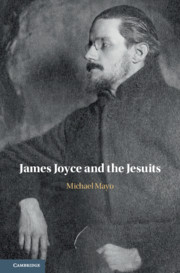This article compares and contrasts Martin Luther's and St. Ignatius of Loyola's theological anthropologies. Drawing upon the mystical sources that Luther used to develop his own account of the human person, I argue that Luther came to reject an indwelling of the divine presence in the human person and located our relation to God in the external realm of faith alone. The resulting conception of the human person is one in which we are by nature rotten by sin. Union between us and God occurs through the darkness of faith and no longer in the highest parts of the soul as it had for the German medieval mystics upon whom Luther drew. For Loyola, by contrast, whilst human nature was damaged by sin, it could be restored by God's transforming grace to actively cooperate in the process of salvation. Loyola sees the inner stirrings of grace permeating our desires and will and restoring our freedom to its natural end of giving praise, reverence, and service to God. Such an apostolic mysticism is orchestrated by Loyola through formation in the Spiritual Exercises, which provide a unique synthesis in which action becomes a form of contemplation. I conclude by sketching the reasons why these contrasting theological anthropologies of Luther and Loyola find little appeal with the dominant philosophical anthropology of exclusive humanism in the modern west.


